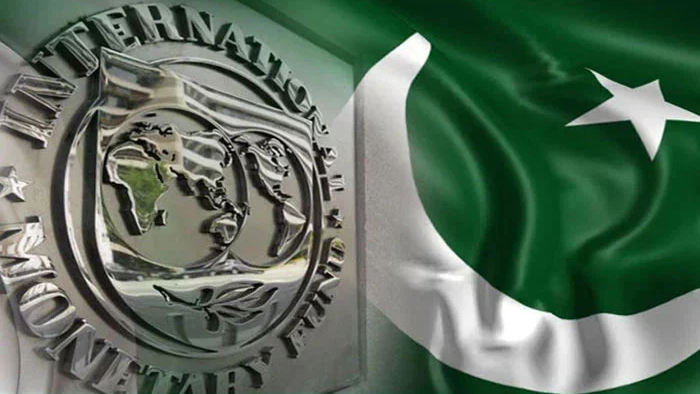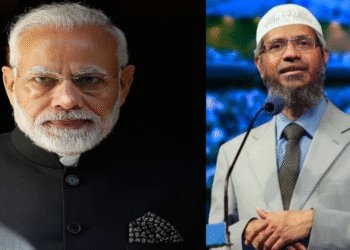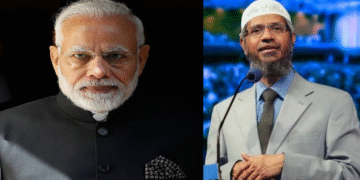There’s currently a global uproar over the Pakistan-India conflict. As global concerns grew, the IMF extended its hand and shortly after that approved a new loan for Pakistan.
In a crucial move to support Pakistan’s economic stability and climate resilience,the International Monetary Fund(IMF) loan for Pakistan includes $1.4 billion for climate resilience and a $1 billion disbursement from its $7 billion program, offering crucial support amid rising tensions with India.
Along with this the International Monetary Fund has completed the first review of Pakistan’s $7 billion economic stabilization program, releasing around $1 billion in cash to support the country through a tough economic phase.
According to the IMF, Pakistan’s economic policies under the program have shown significant progress that is helping stabilize the economy and rebuild investor confidence. This comes despite a global economic environment that has been less than favorable for many countries. The review approval means that Pakistan has now received $2 billion out of the $7 billion program.
However, the approval of the new climate loan has not yet resulted in any immediate disbursement. Still, the IMF’s endorsement is a vital step toward strengthening Pakistan’s economic resilience, specially as the country faces both domestic challenges and international scrutiny.
India has raised concerns about the loan, urging the IMF to conduct a broader review of its financial support to Pakistan. The tension between the two nuclear-armed neighbors has been escalating, specially after a deadly attack on Hindu tourists in Indian-administered Kashmir that killed 26 people. The attack has fueled the most intense conflict between the two countries in nearly three decades.
Read More: DMP Bans Protests in Jamuna, Secretariat and Surrounding Areas
At the IMF board meeting on Friday, India voiced its concern about the possibility that funds allocated to Pakistan might be used for purposes like cross-border terrorism, an accusation Pakistan has strongly denied. Despite these tensions, Pakistan’s Prime Minister, Muhammad Shehbaz Sharif, has dismissed India’s objections, emphasizing that attempts to undermine the IMF program have failed.
The agreements for both the $7 billion economic program and the $1.4 billion climate loan were reached before the recent flare-up in hostilities between the two nations, but the geopolitical tension still lingers in the background.
This development highlights not only Pakistan’s ongoing economic struggles but also the complex international dynamics that shape global financial assistance. The IMF’s support is crucial, but the situation remains delicate, with both economic and political factors at play.















